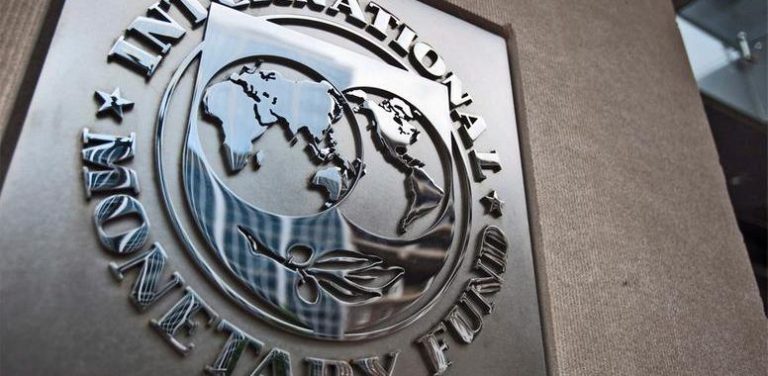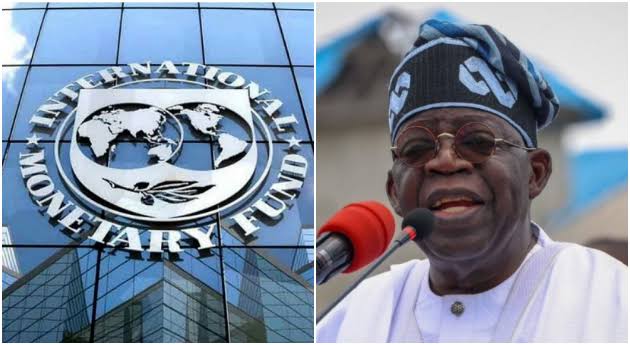The International Monetary Fund (IMF) has revised Nigeria’s economic growth forecast for 2024, lowering it to 2.9%, according to its latest World Economic Outlook report released on Tuesday.
This projection mirrors the country’s growth rate in 2023 and represents a 0.2% decrease from the IMF’s July forecast, and a 0.4% decrease from April’s forecast.
The IMF cited weaker-than-expected economic activity in the first half of 2023 as a key factor for the downward revision, reflecting broader concerns about the challenges facing emerging markets like Nigeria.

The international lender stated, “The revision reflects slower growth in Nigeria, amid weaker-than-expected activity in the first half of the year.”
However, the IMF’s outlook for 2025 shows a more positive trajectory, with a projected growth rate of 3.2%, a slight improvement from previous estimates made earlier this year.
The IMF’s projections remain more conservative compared to the World Bank, which expects Nigeria’s economy to grow by 3.3% in 2024 and 3.6% by 2025-2026, as macroeconomic and fiscal reforms start yielding results.
The report read, “Economic growth in Nigeria is projected at 3.3 per cent in 2024 and 3.6 per cent in 2025–26 as macroeconomic and fiscal reforms gradually start yielding results. Inflation peaked in June 2024 (at 34.2 per cent year-on-year) and decelerated to 33.4 per cent in July and further to 32.2 per cent in August.”
READ ALSO: Senate Summons NDLEA Chairman Over Drug Bust at APC Senator’s Residence
Inflation in Nigeria is also projected to decrease, with the IMF forecasting a drop from 32.55% in 2024 to 25% by 2025. During the IMF/World Bank annual meetings in Washington, D.C., Pierre-Olivier Gourinchas, the IMF’s economic counsellor, emphasised the need for tighter monetary policies in countries like Nigeria to address inflation and economic instability.
“In countries where inflation is very high, we recommend a tight monetary policy stance. In some cases, when possible, fiscal consolidation can help, though this is complicated by trade-offs many nations face,” he added.
Follow the Parallel Facts channel on WhatsApp: https://whatsapp.com/channel/0029VaCQSAoHgZWiDjR3Kn2E









Leave a Reply